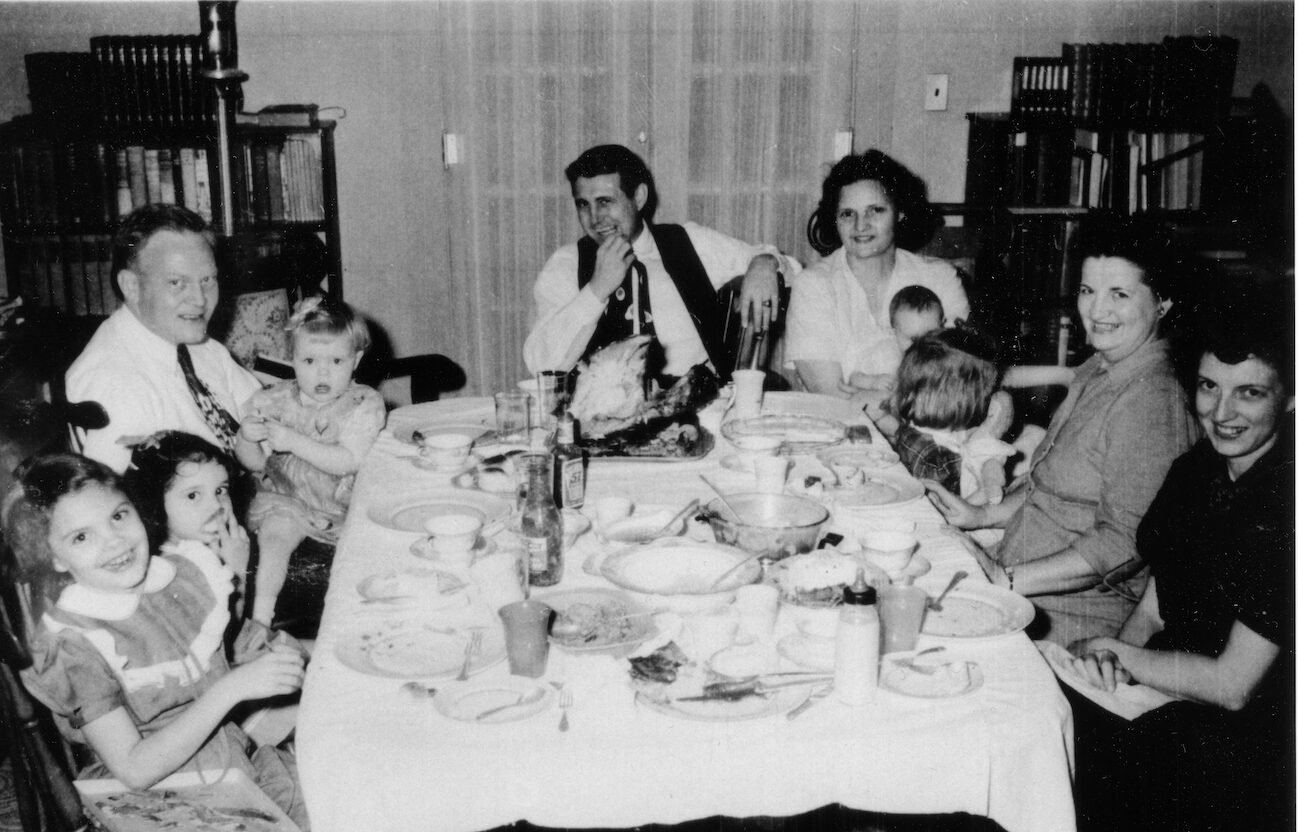EDITOR’S NOTE: With permission, Arkansas Strong is publishing Hallie Shoffner’s speech from the March 18, 2025, town hall at First United Methodist Church in Little Rock, where she spoke about the challenges facing modern farmers and the urgent need for a new Farm Bill. The event drew around 800 attendees, although invited elected officials did not attend. Click here to can see how recent federal cuts are affecting your community.

“My name is Hallie Shoffner. I’m a sixth generation farmer from Newport, Arkansas. I grew up farming alongside my parents, and for the last ten years I’ve been primary operator of 2,000 acres of soybeans, corn, rice, and wheat.
I should say that I used to be a sixth generation farmer. In February, we made the decision to close our farm. We joined many other farm families making the heartbreaking choice to avoid significant financial hardship before it was too late.
Many more families will face similar hard choices this month.
You see, the ag economy is the worst it’s been since the farm crisis of the 1980s when the U.S. lost 300,000 family farms. The price we are paid for our crop is so low and the cost to produce our crop is so high that no commodity crop in the state will be profitable this year.
Because agriculture is a big economic driver and food production is a national security issue, the government steps in to help farmers in tough times like these. They do this with a piece of legislation called the Farm Bill. It’s updated and re-passed every five years. We are now in the second year of an extension of the previous Farm Bill which is, itself, based on benchmark numbers from 2012.
It is useless to us. Our own Senator Boozman is head of the Agriculture Committee in the Senate. Before that, he was the ranking member. He has been promising a new farm bill for years, and it hasn’t come. We understand it will not come this year. Adding insult to injury, critical funding for soil health programs, land management, and infrastructure development for farmers has been frozen. Sights have been set on key employees of the USDA, the NRCS, and FSA.
You can tell the ag economy is bad by the number of liquidation auctions posted.
When a farm goes out of business, an auction company lines up the equipment, takes photos, and sells it online to the highest bidder. There have been so many more this spring than in previous years.
Our’s was last week. Yesterday, I watched as strangers hauled away my tillage equipment, drove away my tractors and combines, loaded my power units and fuel tanks on trailers, and carried away the tools in my shop. Today, as I stand here, people are picking up the last pieces of six generations of farming while the people we elected to protect us eat in a ballroom at $7,000 a plate.
I don’t care whether you have an ‘R’ or a ‘D’ next to your name. I have no use for politicians who play dress up in cowboy boots, claim to care about farmers, and do nothing in our darkest hour.”

Left to Right: Hallie’s mom and dad, John and Wendy Shoffner in their early farm days. A young Hallie in a cotton field on her family’s farm. In 2017, the Shoffner family farm was honored by the Arkansas Department of Agriculture as an “Arkansas Century Farm,” a recognition reserved for families who have owned and farmed the same land for at least 100 years.
Read the latest from Hallie:

Hallie Shoffner is a farmer, advocate, and champion for rural communities. Raised on a family farm, she’s worked with NGOs in India, Peru, and the Amazon, led nonprofits, and regenerative farming efforts, and serves on the Arkansas Foodbank board. As founder of Delta Harvest, she fights for stronger rural economies, family farms, and local food systems. After graduating from Newport High School, Hallie earned a liberal arts degree from Vanderbilt University on a full-tuition Robert Harvest Scholarship and later obtained a Master of Public Service from the University of Arkansas Little Rock Clinton School of Public Service. She also studied at the Universidad de Complutense in Madrid, Spain, furthering her global perspective on public service and rural development.



